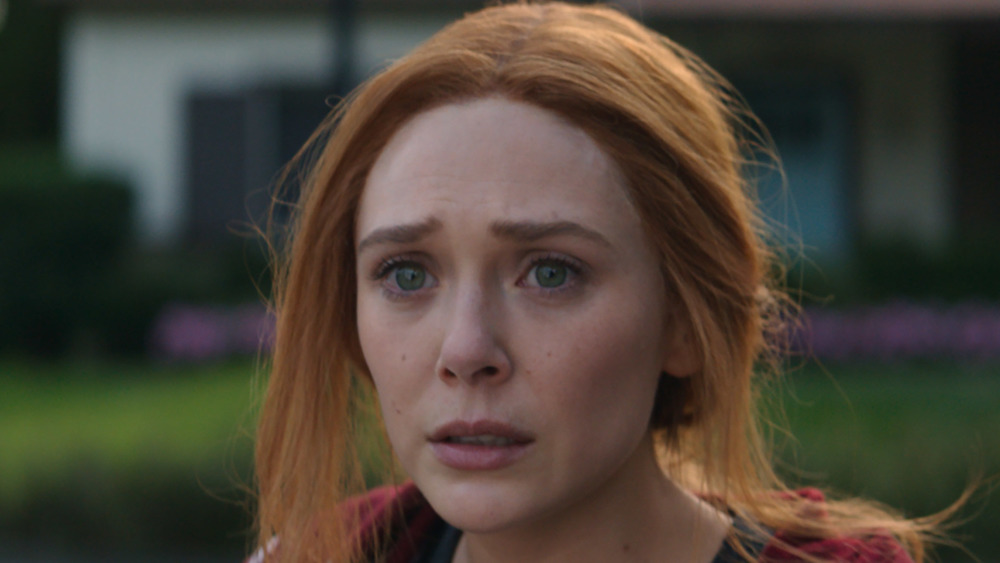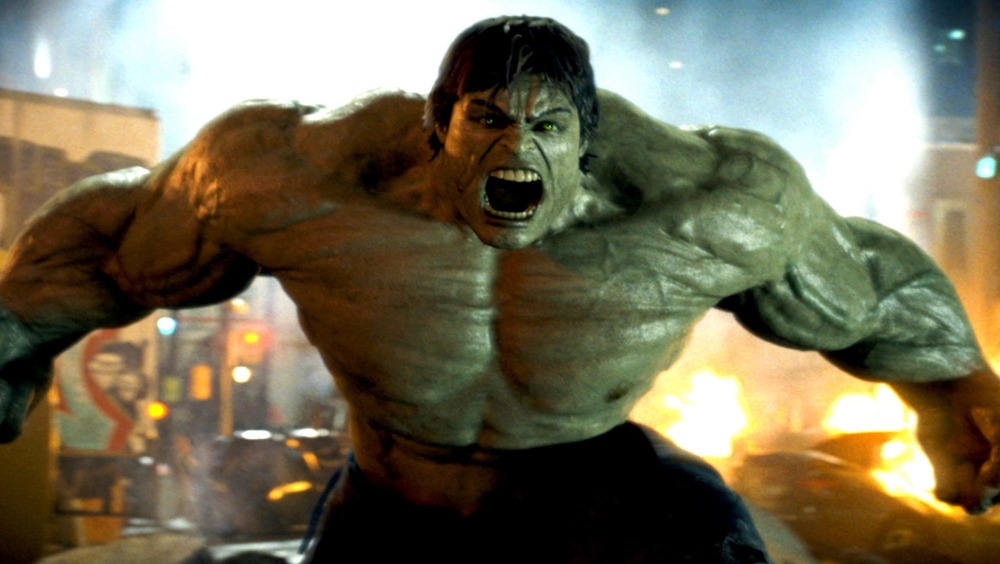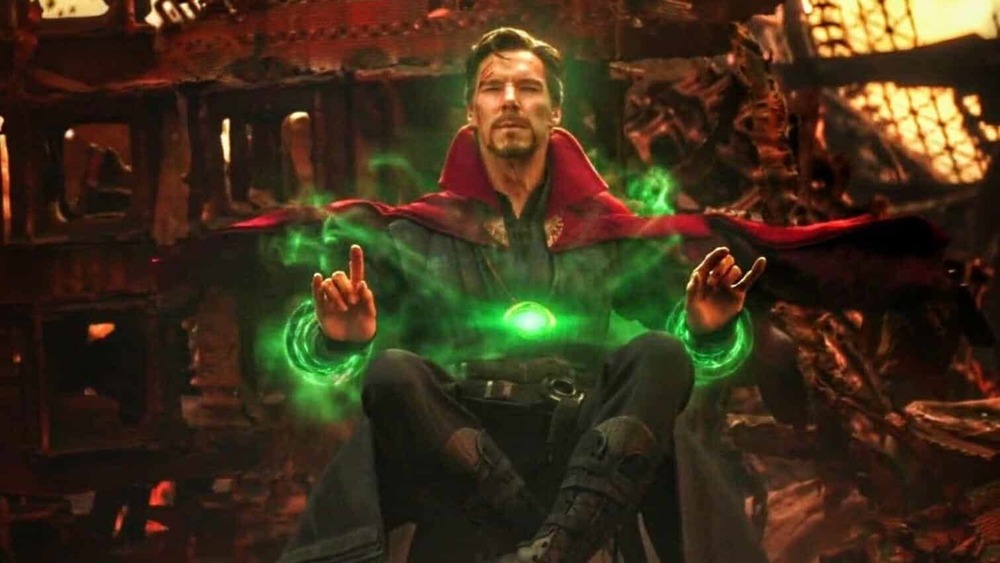How The WandaVision Finale Mirrors This Previous MCU Film
The ride has ended, for now at least. WandaVision's season finale tied up some of the loose ends and answered questions that fans have been asking the entire time. We learn the truth about Vision's (Paul Bettany) surprising existence, the full extent of Wanda Maximoff's (Elizabeth Olsen) powers, and whether or not the innocent people of Westview will be saved. As thorough of a conclusion as it was, naturally there are still so many questions to be answered, moving forward.
After all, this is still the MCU we're talking about here; for every tied-up plot thread, there are one or two strings waiting to tie in with the next big project. Those untied strings are enough, however, to give fans some hints at what is to come. It gives them room to get excited and to speculate. In this case, WandaVision's second post-credits scene hints toward Wanda really coming into her own in her upcoming appearances by mirroring the ending of a much earlier MCU film.
WandaVision's post-credits scene mirrors the ending of The Incredible Hulk
Following the final battle, in which Wanda defeats Agatha Harkness, she accepts her existence as a witch, frees the people of Westview, and breaks her spell on the whole town. In the process, she loses the Vision she conjured as part of the Westview anomaly and their children disappear as well. With her fictional reality undone, Wanda leaves to teach herself proper magic. This is where the second post-credits scene picks up: Wanda is shown isolated in a remote cabin, practicing her magic in astral form before the sound of her children's voice rings out from another plane, calling her attention. It's reminiscent of a similar scene from 2008's The Incredible Hulk starring Edwards Norton, which ends with Bruce Banner using meditation to control the beast within.
The parallels here are strong: both characters have extremely powerful abilities that often inadvertently hurt people; both characters are shown self-isolating themselves, focusing on controlling their unpredictable abilities; both scenes end with that concentration being broken. It may not be a direct callback from WandaVision's writers, but it does convey the same message: just like Bruce Banner is shown as being able to summon the Hulk at will — a precursor to his "party trick" in the first Avengers film — Wanda will be a much more practiced, more powerful witch when we see her again.
What does this mean for Wanda's role in future MCU projects?
Agatha is very clear that the Scarlet Witch is prophesied to start an apocalypse. Even when Wanda starts to display a semblance of magical knowledge, Agatha's fears are not abated. In fact, she becomes more certain that Wanda is a destructive force. Wanda training herself does not necessarily mean she has everything in control. So, aside from Wanda becoming more practiced in the next movie, she may be more powerful than any other magician the MCU has shown so far. The post-credits scene even shows her doing something no other magician has done: entering the astral plane while their physical body is still conscious. Agatha already mentioned that the Scarlet Witch's power is beyond that of the Sorcerer Supreme.
We'll get to see how that plays out in Wanda's upcoming appearance in Doctor Strange in the Multiverse of Madness, hopefully finding out if it addresses another detail from WandaVision's post-credits scene; the last thing Wanda hears before the movie cuts to black is the cry of one of her twins. This may be a hint to her children's existence on another plane of reality. Whether that plane is an afterlife, an alternate reality, or something entirely different is a mystery. However, it does lead into how Wanda might find herself crossing paths with Doctor Strange. If the twins are stuck somewhere in the multiverse, then she has a justified reason to meet Doctor Strange along her travels.


